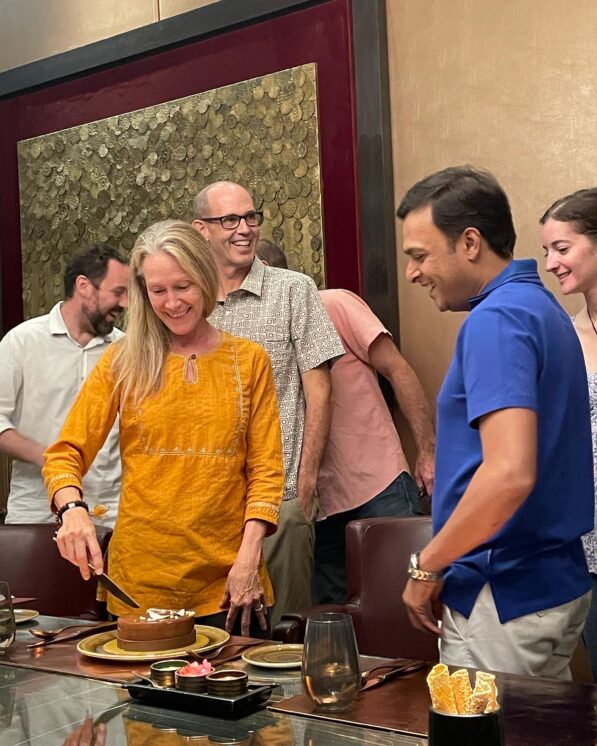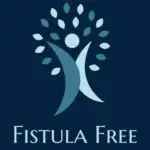
For many individuals, seeking medical treatment abroad through medical travel offers a chance to unlock a new chapter in their health story. The potential benefits – improved health outcomes, cost savings, access to cutting-edge treatments, and shorter wait times – are undeniably attractive. However, embarking on this journey can also be fraught with anxieties and uncertainties. Unfamiliar environments, language barriers, and complex medical procedures can leave patients feeling overwhelmed and vulnerable. In these moments, the unwavering support of family can be the difference between a challenging experience and a successful one.
Emotional Support: A Beacon of Strength During Uncertainty
Medical travel often means navigating unfamiliar cultural norms, language barriers, and entirely new healthcare systems. This can be a daunting prospect, leading to feelings of isolation and vulnerability. Family members become a crucial source of emotional support and reassurance throughout the journey. Whether it’s listening patiently to fears and anxieties, offering calming words of encouragement, or simply being a familiar and loving presence, family can be a rock – a source of strength that patients can rely on during challenging moments.
Practical Assistance: Navigating Logistics and Daily Needs
The logistical challenges of medical travel extend far beyond securing visas and booking flights. Coordinating appointments, communicating effectively with medical staff, and managing daily tasks like transportation and meals can be overwhelming for patients, especially during the recovery period. Here, family members can alleviate this burden by handling practical arrangements. This frees the patient to focus on healing, allowing for a smoother transition through the medical tourism process.
Advocacy and Communication: Ensuring Clarity and Informed Decisions
Navigating a foreign healthcare system can be complex, filled with unfamiliar terminology and processes. Family members can act as advocates for the patient, ensuring their needs and concerns are clearly communicated to medical staff. They can also help interpret medical jargon, ask relevant questions on the patient’s behalf, and ultimately empower the patient to make informed decisions about their care.
Post-Procedure Support: Aiding Recovery and Reintegration
The importance of family support doesn’t diminish after the medical procedure. The recovery period is crucial, and family members can play a vital role in assisting with physical needs, emotional support, and reintegration into everyday life. This can include providing transportation to follow-up appointments, assisting with medications, and offering emotional support during challenging moments.
The Power of Shared Strength
Medical travel is a demanding journey, but with the unwavering support of family, the path becomes less daunting and the outcome more positive. Family members become partners in the healing process, sharing the burden and celebrating victories. Ultimately, they contribute to a smoother and more successful medical tourism experience.
In Conclusion: The Indispensable Role of Family
Family support is an essential pillar of a successful medical tourism experience. From emotional comfort to practical assistance, family members play a vital role in helping patients navigate the complexities of treatment abroad. By embracing their role as advocates, companions, and sources of strength, families can empower their loved ones to achieve their health goals and overcome challenges on their journey to improved well-being.
Additional Considerations:
- Tailoring Support to Individual Needs: The level and type of support needed will vary depending on the patient’s individual situation, the complexity of the procedure, and their overall health.
- Communication is Key: Open and honest communication between patients and family members is essential throughout the medical tourism journey.
- Cultural Sensitivity: Family members can play a role in helping patients understand and adapt to cultural differences they may encounter during their medical tourism experience.

